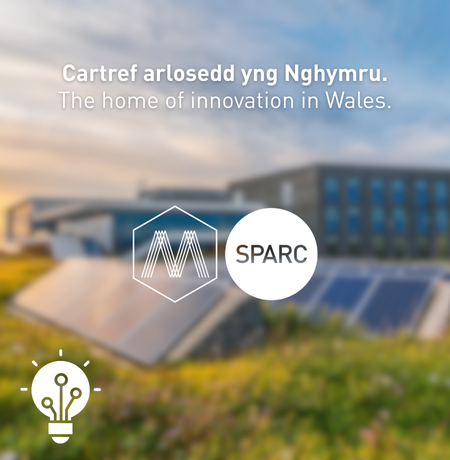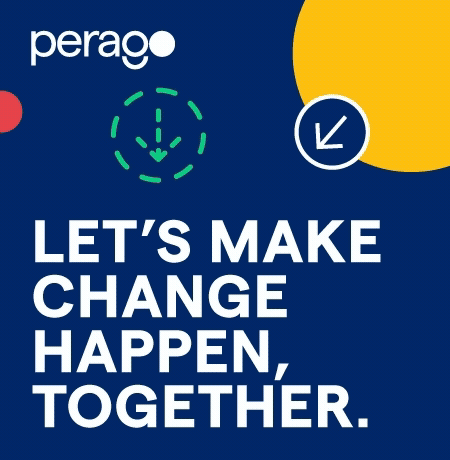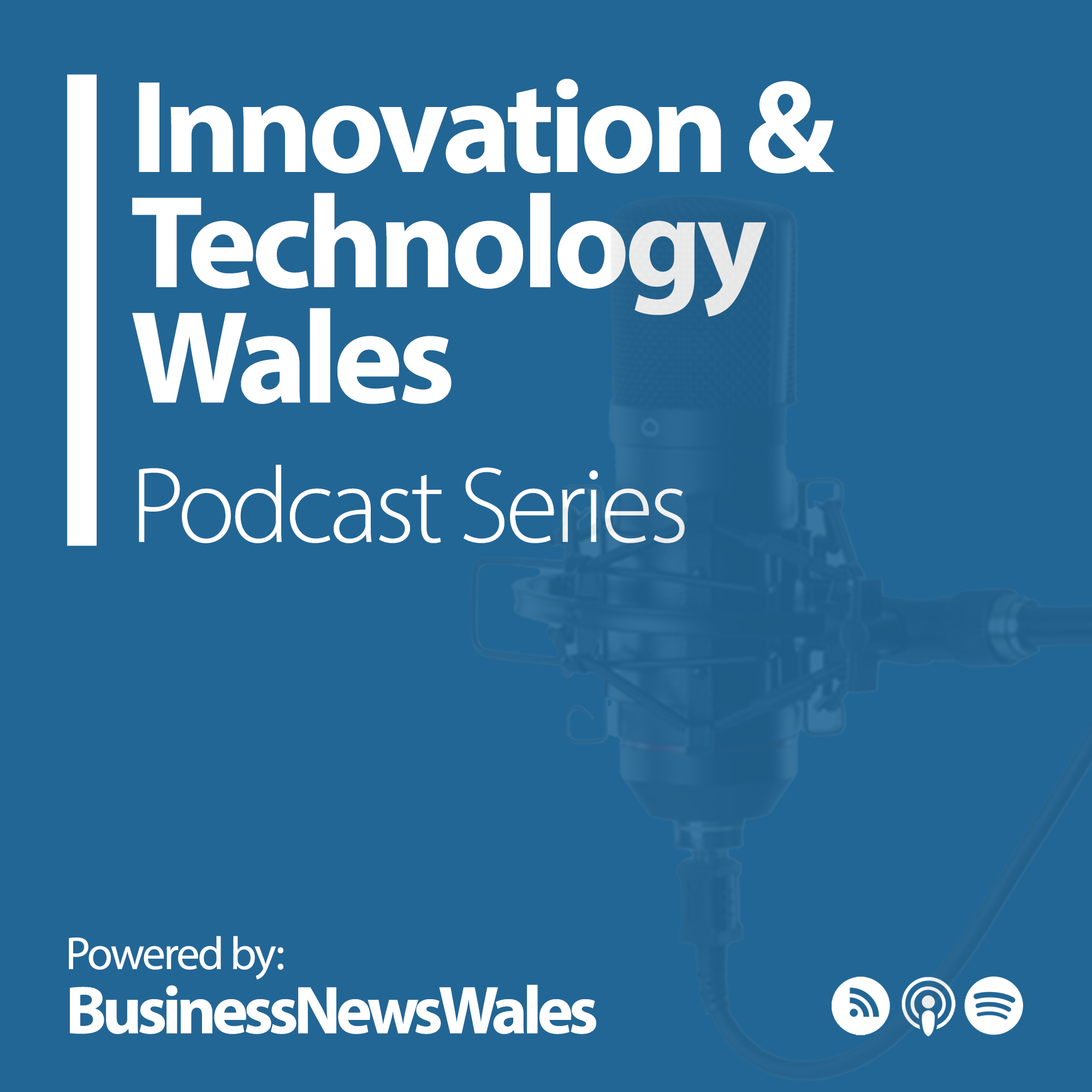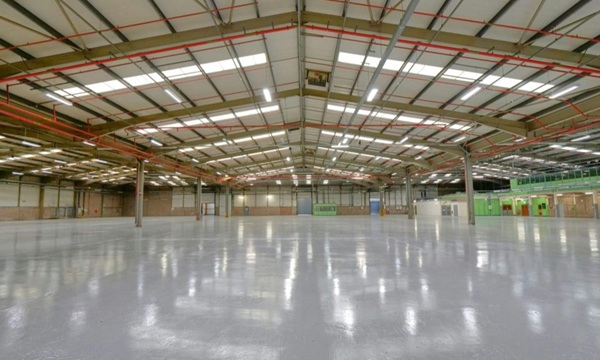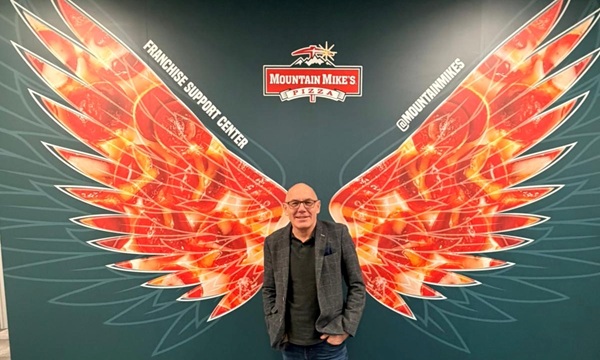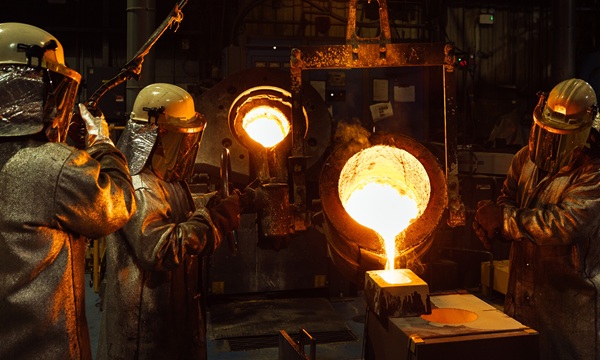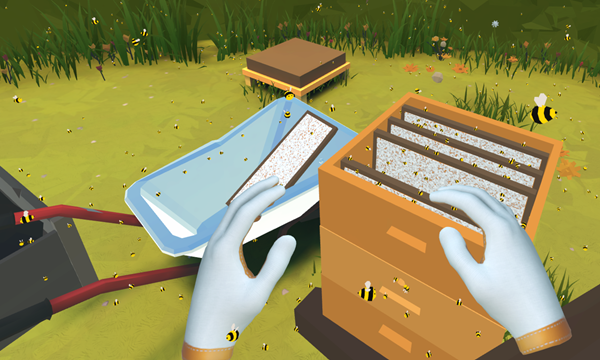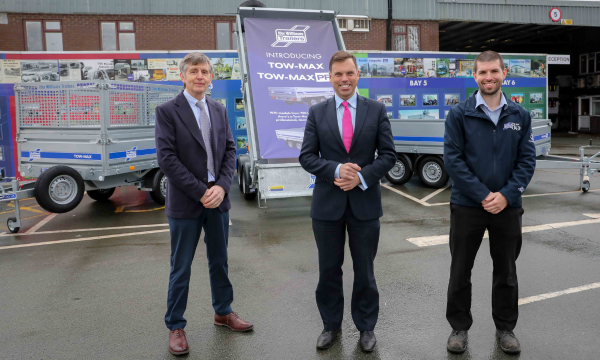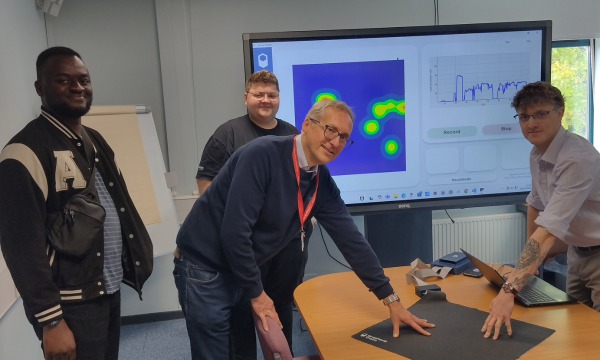
University of South Wales (USW) is part of a project which is looking to use AI to transform treatment for bedsores, potentially saving the NHS billions of pounds each year.
With funding of £94,000 from the Henry Royce Institute Industrial Collaboration Programme (ICP), the feasibility project will look to combine graphene-based e-textile pressure sensors with AI to develop solutions for the prevention and treatment of pressure ulcers.
The project is being delivered in partnership with Graphene Trace Ltd, a UK start-up developing next-generation sensing fabrics, and the Rehabilitation Engineering Unit (REU) at Cardiff & Vale University Health Board (CVUHB). The Centre of Excellence in Mobile and Emerging Technology (CEMET), based at USW, is also contributing to the project by providing specialist expertise in mobile app development, design, and hardware testing.
Janusz Kulon, Professor of Biomedical Engineering and Applied Artificial Intelligence at USW, is Academic Lead on the project and Co-Applicant.
The clinical dimension of the project is being co-delivered with the REU at CVUHB, led by Professor Colin Gibson, with Dr Stephanie Wentworth providing specialist expertise in clinical pressure mapping.
“Pressure ulcers, often known as bedsores, are injuries to the skin and underlying tissue caused by prolonged pressure against a surface such as a bed or chair – they can be debilitating, slow to resolve, and can sometimes be life-threatening,” Professor Gibson said.
“Limited mobility, loss of sensation, and poor posture are all risk factors, with research suggesting that more than 700,000 people are affected by pressure ulcers in UK healthcare settings each year.
“The challenge is not only clinical but also economic: pressure ulcers account for a significant proportion of annual health spending in the UK – with estimates as high as £2.1 billion per year – despite the fact that many are avoidable.
“Graphene Trace’s continuous pressure monitoring could have a transformational impact on the ability to prevent and manage pressure ulcers effectively, while driving measurable improvements in patient care quality.”
Professor Kulon added that the project is a true example of translating materials innovation into a health technology with real-world impact.
“By pairing ultra-thin sensing fabrics with real-time AI, we hope to radically improve pressure ulcer prevention, something that could save the NHS millions, and, more importantly, change lives,” said Professor Kulon.
“We’re excited to contribute as Academic Lead, helping to take this project from concept to prototype. This collaboration shows how smart fabrics and AI can fundamentally shift the way we prevent pressure ulcers.
“It reflects USW’s commitment to research with purpose, science that delivers measurable improvements for health, care, and society.”
Graphene Trace Ltd, founded in 2020, is a UK start-up focused on wearable graphene-enabled sensing technology. By using screen printed electronics, Graphene Trace is producing thin, flexible, and low-cost sensors which can be seamlessly integrated into seating or bedding to continuously monitor pressure.
Unlike existing commercial systems, which are often bulky and prohibitively expensive, Graphene Trace’s solution is scalable, affordable, and designed for widespread use in both clinical and community settings.
Dr Scott Dean, CEO of Graphene Trace Ltd, said:
“We are thrilled to announce that Sensore has been awarded a highly competitive grant through the Henry Royce Institute’s Industrial Collaboration Programme in collaboration with Professor Janusz Kulon’s Biomedical Engineering and Computing Research Group at the University of South Wales.
“This milestone marks the beginning of an exciting and high-impact collaboration between Sensore and Professor Kulon’s group, whose expertise in AI-driven musculoskeletal analysis will be instrumental in developing an ML model to identify complex postures, predict pressure risk and deliver a personalised pressure ulcer prevention solution that works for real patients in real time.”
The project builds on USW’s strong track record in applied artificial intelligence for biomedical engineering and postural assessment.
Professor Kulon and his team have pioneered the application of machine learning to healthcare through pressure mapping and posture analysis. Their research includes the design of convolutional neural networks (CNNs) capable of classifying sitting postures in real time, the use of data augmentation techniques to make AI models more robust, and the creation of novel postural scoring frameworks which adapt ergonomic methods to clinical risk assessment.
Within this new project, USW will lead on the development of a personalised machine learning pipeline which will provide clinicians with tools to dynamically monitor and predict pressure ulcer risk. A key element of this work will involve integrating experimental data from Graphene Trace’s new e-textile sensors and benchmarking their performance against industry-standard pressure mats.
The project has been awarded funding under the Royce ICP, which supports short, impact-focused innovation projects bridging academia and industry.
The Henry Royce Institute’s Industrial Collaboration Programme is the UK’s flagship initiative for advancing materials innovation, funding projects which are jointly delivered by academic researchers and industrial partners to speed up the translation of advanced materials into real-world solutions.



